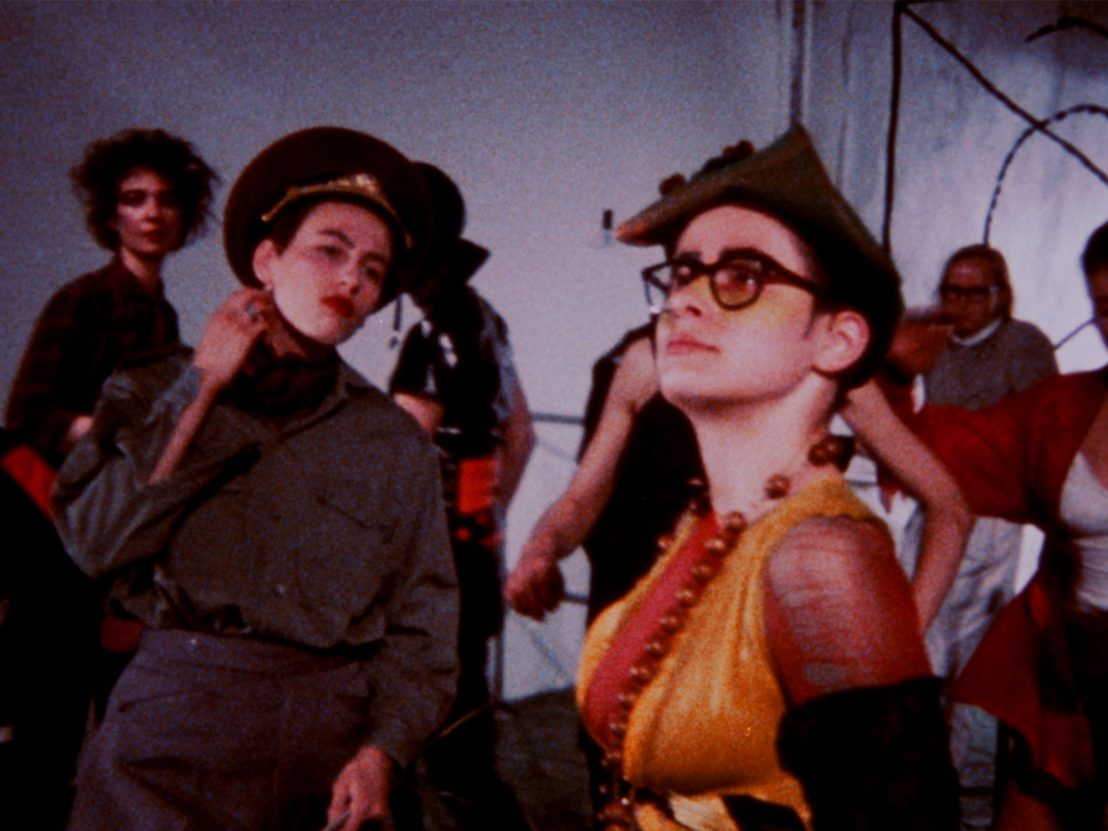
For the queer community, Pride Month can often feel oversaturated with rainbows slapped on every product imaginable and lip service promising change that never comes.
Many feel the original purpose of Pride as a protest has been lost, buried beneath corporate greed. June 1972 marked the first time that queer activists in the UK took to the streets to campaign for equal rights, regardless of sexuality or gender. Since then, the protest has only continued to grow.
To celebrate a time of radical change where queer people were starting to tell their own stories in a public forum, cinema curator Alex Davidson is bringing eight queer films produced in the 1990s to the Barbican Cinema this Pride Month.
The decade marked the beginning of a cinematic queer rebellion; the films in the season are not only varied in terms of the queer characters they portray, but also the countries in which they were made.
Any mention of queer ’90s cinema is likely to bring to mind Gus Van Sant’s My Own Private Idaho or Jennie Livingston’s documentary Paris Is Burning. But this season aims to change that.
Showcasing films from China to Cuba, Davidson says these stories “show flawed, unapologetically queer characters in a decade of great change.” After many of these films were screened for the first time, he adds, “queer cinema would never be the same again.”
The season will feature celebrated queer films alongside little-known gems. For example, 1993’s Strawberry & Chocolate from Cuban directing duo Tomás Gutiérrez Alea and Juan Carlos Tabío depicts two men who are complete opposites yet inexplicably drawn to each other with a delightful overtones of comedic camp.
Representation for the queer community in the ’90s was not always positive, of course. As seen in My Own Private Idaho, queer characters in film would often lead tragic lives that ended with their demise. If they were lucky enough not to die before the end, these characters’ love lives were tainted with the constant threat of being discovered.
To that end, Davidson has selected films where characters are able to revel in their queerness. Austria’s Flaming Ears, which screens on 6 June, describes one woman’s obsession with a red-suited alien and a futuristic reptile in a dystopian world.
Then on 21 June, there’s a rare opportunity to see Mohamed Camara’s Dakan (aka Destiny). Set and filmed in Guinea, the film follows two gay men who must navigate coming out to their parents in what is hailed as the first West African film to depict a same-sex relationship.
Queer 90s: Cinema from a Decade of Radical Change will take place from 6-29 June. Tickets are available now, so why not celebrate Pride Month by learning more about the underappreciated decade of queer rebellion?
Published 1 Jun 2023